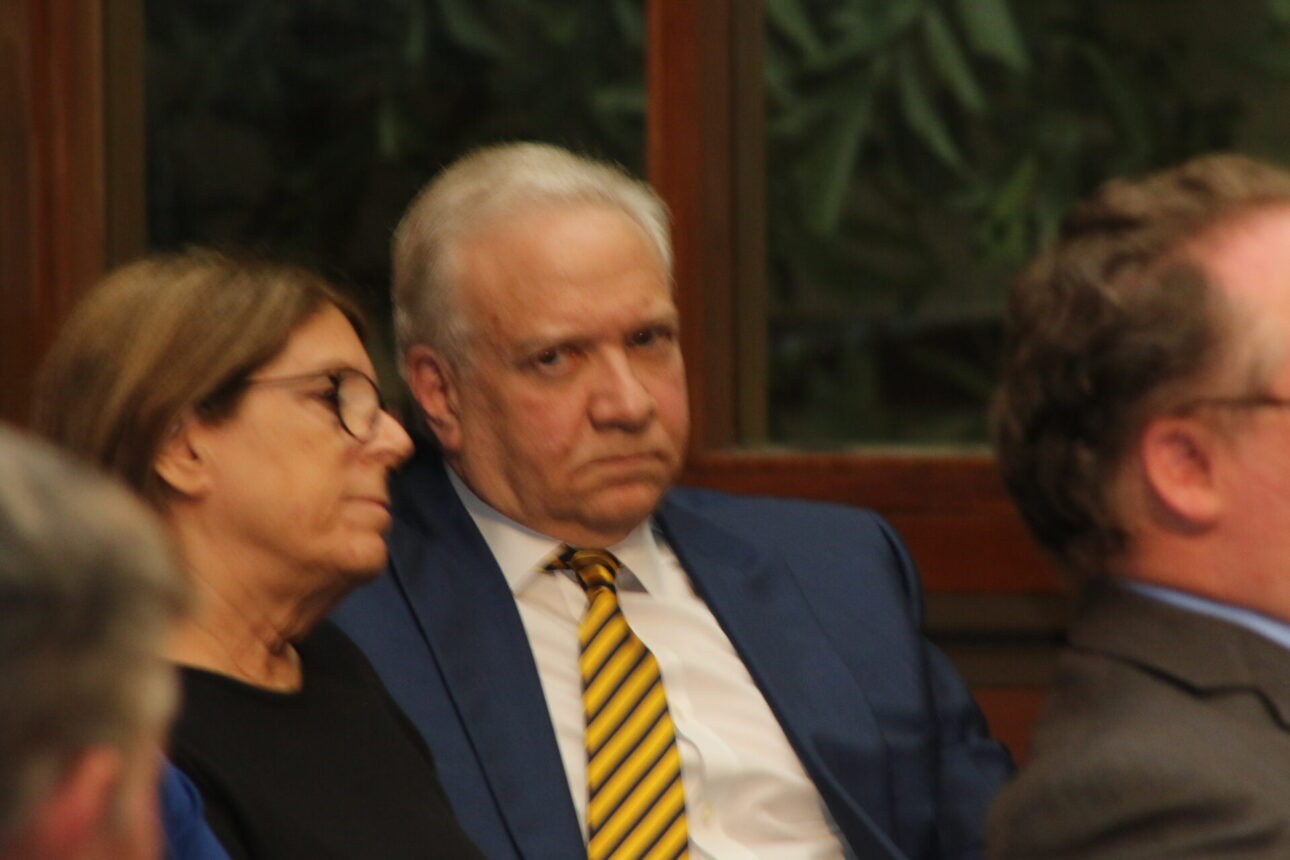Battle for West Friendly: A Neighborhood’s Fight Against Greed

The West Friendly neighborhood stood as a sanctuary in the heart of Greensboro, where history met modernity in a delicate balance. For over 100 years, this area has been a testament to old-world charm. Tall, sprawling trees stretched their canopies over the well-kept streets, and homes, built with the care of artisans, whispered stories of generations gone by. Neighbors knew each other by name, and the community thrived on its close-knit, time-honored traditions.
But everything is about to change.
At the center of the brewing storm is Glenn Drew, a wealthy developer whose ambition often comes at the cost of community values. Glenn, known for his developments across the city, had set his sights on something new: West Friendly Avenue. His plan? To transform four acres of the historic neighborhood into a modern development of ten homes on a private street, each sitting where century-old trees currently stood, with a looming bioretention cell that would dramatically alter the landscape of Friendly Avenue.
It was an opportunity for Glenn to turn a profit—an undeniable one at that. With property values rising and land in high demand, he believed he had struck gold. But to the 1,500 homeowners who called West Friendly their sanctuary, Glenn’s vision was nothing short of an attack on everything they cherished.
The Neighborhood Conservation Overlay (NCO) plan has been in the works for over a year, a last-ditch effort by the homeowners to preserve the community’s character. It sought to implement protective zoning laws that would require any new developments to adhere to specific standards—setbacks to match the rest of the homes, maintenance of the tree canopy, and designs that would blend into the existing aesthetic of the neighborhood. The NCO plan had been a glimmer of hope for the residents, a shield against developers like Glenn Drew.
But in a move that felt like betrayal, just days before the Zoning and Planning Board was to finalize the NCO plan and send it to the City Council, Glenn unveiled his new proposal. Despite five revisions to his plan following pushback from the Zoning Board, he refused to yield. His vision was set in stone: ten sleek, modern homes packed onto a plot where just a few charming houses had once stood.
The moment the plan became public, West Friendly exploded with outrage. Homeowners, who had long suspected that Glenn Drew had ulterior motives, now realized he would stop at nothing to see his development built. The neighborhood association mobilized, calling emergency meetings, gathering signatures for petitions, and flooding the inboxes of city council members and zoning officials with impassioned pleas.
Among the voices is Clarence Phillips, who has lived in West Friendly for over 50 years. His home, a modest but elegant brick house, sat just across the street from the proposed development site. “This neighborhood has a soul,” he often said. “You can’t just tear it down and replace it with cold, lifeless buildings.”
Clarence and his neighbors felt the weight of history on their shoulders. The tree canopy, the preserved architecture, and the sense of continuity were not just aesthetic features but symbols of a community that had resisted the tide of overdevelopment for decades. They knew that if Glenn’s plan goes through, it would set a dangerous precedent. What was to stop other developers from swooping in and further eroding the neighborhood’s identity?
In early December 2023, the Zoning and Planning Board meeting day came, and tensions were palpable. The room was packed with West Friendly residents, each holding their breath, waiting to hear if their voices would matter. Confident and polished, Glenn Drew’s legal staff presented his case with the flair of a man who had done this a thousand times. They touted economic benefits, housing needs, and the city’s modernization.
But for every word they spoke, there was a counterpoint from the community. They argued not just with facts but with heart. They spoke of the memories tied to the trees Glenn wanted to cut down, the generations that had built their lives in the neighborhood, and the importance of preserving what made West Friendly unique. They urged the board to delay any decision on Glenn’s project until the NCO plan was approved, which would protect their homes from unchecked development.
Only time would tell, but one thing was sure—West Friendly’s fight was far from over. The neighborhood had found its voice and wouldn’t be silenced quickly.
